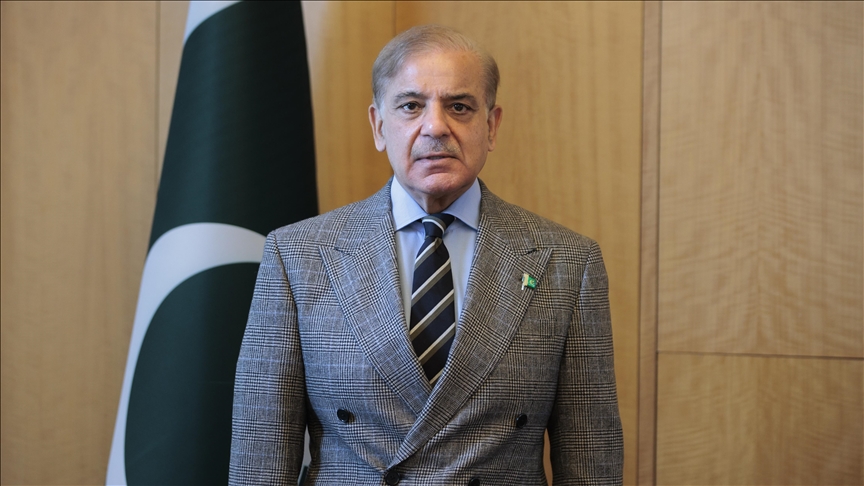In a sharp escalation of digital and diplomatic measures, India has blocked access to the official YouTube channel of Pakistan Prime Minister Shehbaz Sharif. This move comes amid intensifying tensions between the two neighboring countries following the April 22 terrorist attack in Pahalgam.
Visitors attempting to access the channel from India are now met with a message stating, “This content is not available on this country domain due to a legal complaint from the government.” The restriction is said to be based on concerns over national security and public order.
Shehbaz Sharif’s YouTube Channel Blocked in India
The blocking of PM Sharif’s YouTube channel marks a significant digital measure taken by Indian authorities. It appears to be a strategic move aligned with India’s policy of countering hostile propaganda and disinformation originating from across the border.
The decision mirrors past actions when the Indian government banned several Pakistani YouTube channels that were found disseminating inflammatory, fake, and communally charged content targeting India’s sovereignty and public harmony.
Pakistan’s Response: “India May Launch Attack”
In a late-night press conference on Wednesday, Pakistan’s Information and Broadcasting Minister Ataullah Tarar claimed that Pakistan had received “credible intelligence” suggesting that India could launch a military strike within 24 to 36 hours in response to the Pahalgam attack.
Tarar added that Pakistan was prepared to retaliate forcefully if India undertook any military action, holding New Delhi responsible for any further destabilization in the region. His warning has only added fuel to the already volatile diplomatic environment.
Coincidentally, Ataullah Tarar’s official X (formerly Twitter) account has also been blocked in India, and both his profile picture and cover image are no longer visible to Indian users.
India’s Digital Crackdown on Hostile Content
The Indian government has intensified its scrutiny of online platforms used to spread misinformation and incite unrest. Earlier this year, India banned 16 Pakistani YouTube channels for promoting anti-India narratives, including content designed to provoke communal tensions.
The decision was made based on a recommendation from the Ministry of Home Affairs and executed by the Ministry of Information and Broadcasting under national security provisions. The BBC also came under criticism after referring to the terrorists involved in the Pahalgam attack as “extremists,” prompting further scrutiny of foreign media reporting.
Geopolitical Implications
This digital action reflects a broader geo-strategic and media-centric conflict between India and Pakistan, where both nations are using diplomatic, technological, and information warfare tools to assert dominance and protect national interests.
While military escalation remains a concern, India’s current strategy appears focused on tightening control over digital information spaces and curbing the influence of foreign state actors on domestic public opinion.
also see
- GST Collections Hit Record High of ₹2.37 Lakh Crore in April 2025
- Adani Enterprises Q4 FY25 Results: Net Profit of ₹3,845 crore
- Key Financial Changes May 1, 2025: ATM Fee Hike, Tax Filing, RRB Mergers, FD Rate Updates, and More

